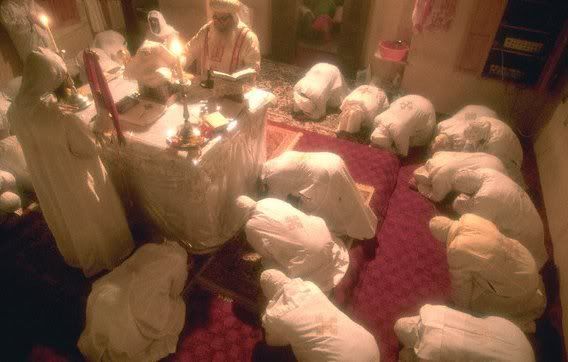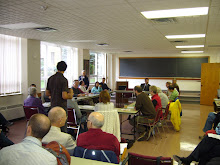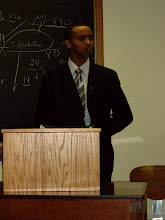Praying with the Angels at Qumran
by Prof. Judith H. Newman A.B (Princeton University), M.A.R. (Harvard University) (Emmanuel College)
 Of the many liturgical texts found among the Dead Sea Scrolls, the Songs of the Sabbath Sacrifice are perhaps the most intriguing and mystifying. Indeed, some scholars have pointed to the collection as representing one of the roots of Jewish mysticism. It will be argued that this series of thirteen liturgical pieces that were offered during the first thirteen sabbaths of the solar year in fact offered a transformative rite in which the participants might be transformed into a (near) angelic state. The Songs’ allusive use of Isaiah 6 and Ezekiel 1 make them a not-so-distant relative of the Christian Sanctus and Jewish Qedushah.”
Of the many liturgical texts found among the Dead Sea Scrolls, the Songs of the Sabbath Sacrifice are perhaps the most intriguing and mystifying. Indeed, some scholars have pointed to the collection as representing one of the roots of Jewish mysticism. It will be argued that this series of thirteen liturgical pieces that were offered during the first thirteen sabbaths of the solar year in fact offered a transformative rite in which the participants might be transformed into a (near) angelic state. The Songs’ allusive use of Isaiah 6 and Ezekiel 1 make them a not-so-distant relative of the Christian Sanctus and Jewish Qedushah.”Prof. Judith H. Newman of Emmanuel College, will be presenting “Praying with the Angels at Qumran.” Prof. Newman is Associate Professor of Religion and Old Testament/Hebrew Bible at Emmanuel College, and cross-appointed to the Department and Centre for the Study of Religion and the Department of Near and Middle Eastern Civilizations at the University of Toronto. She is the author of Praying by the Book: The Scripturalization of Prayer in Second Temple Judaism, co-author of Early Jewish Liturgy and Early Jewish Prayers in Greek, as well as the fifth edition of the contemporary classic, with Bernhard Anderson and Steven Bishop, Understanding the Old Testament. She is currently at work on a monograph, The Liturgical Imagination about the intersection of scripture, ritual performance, and prayer in early Judaism and Christianity.





















